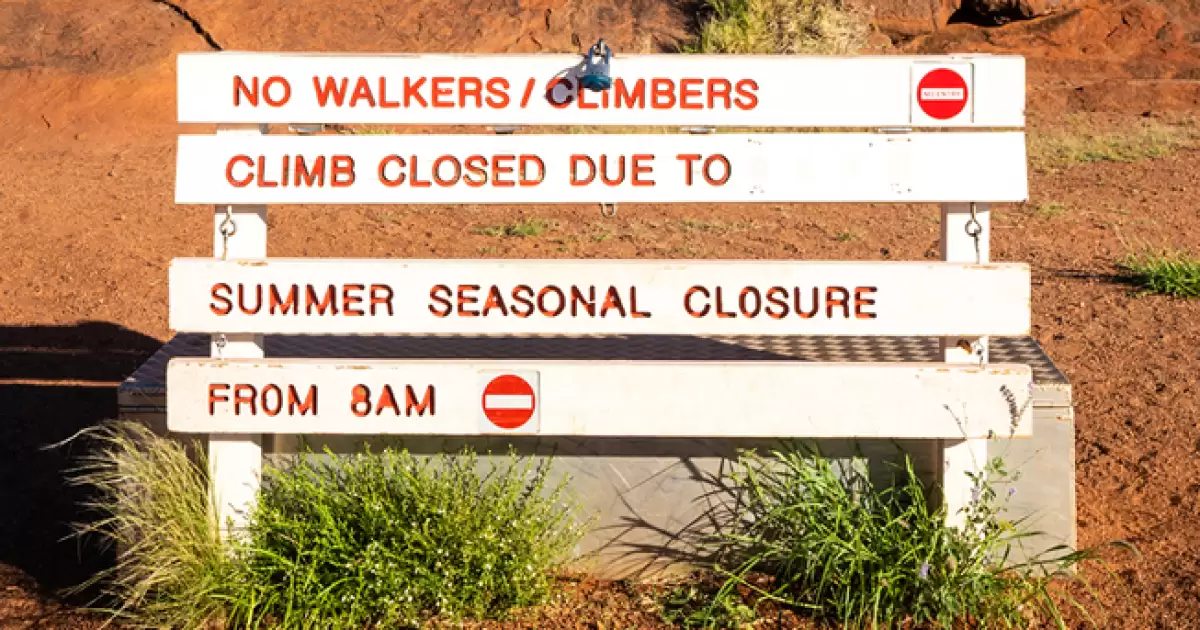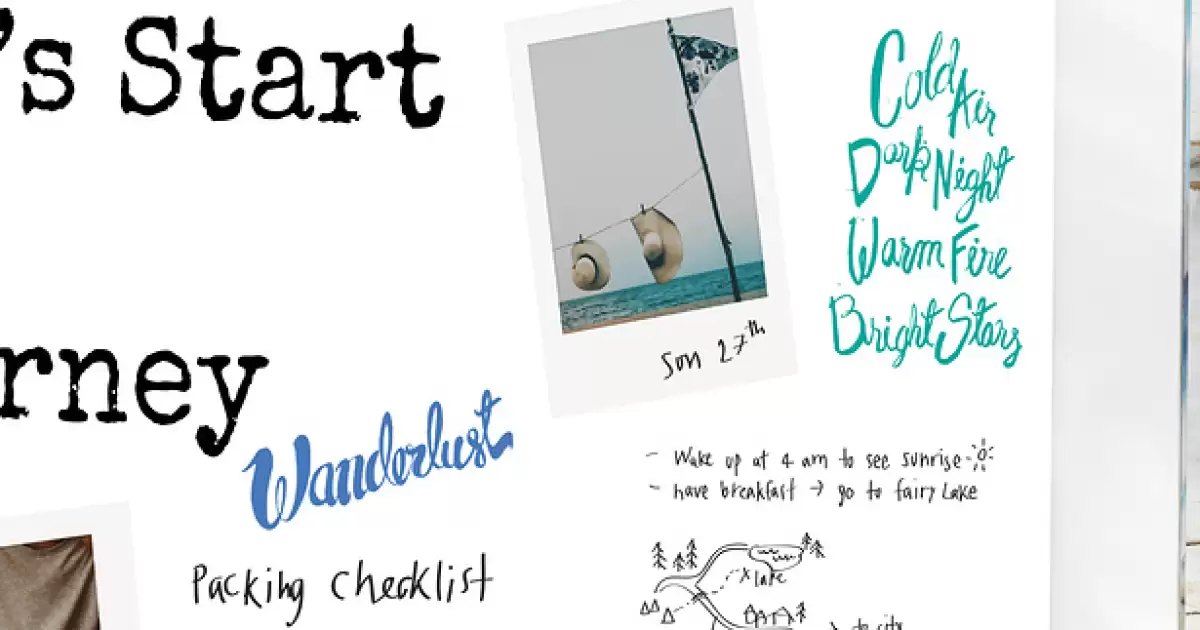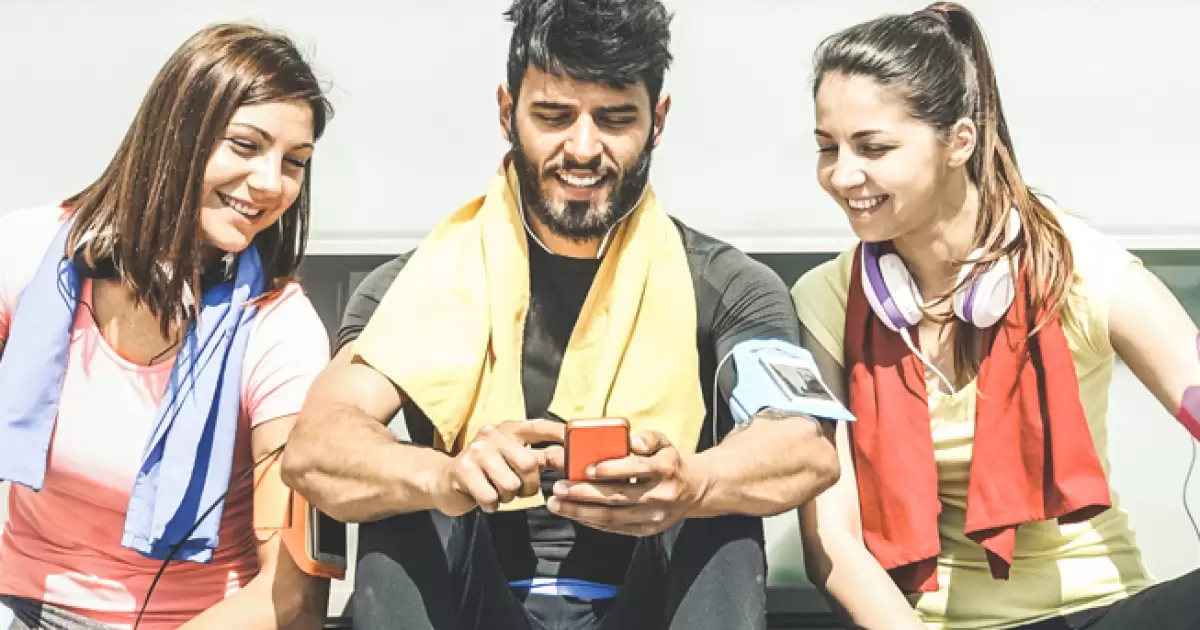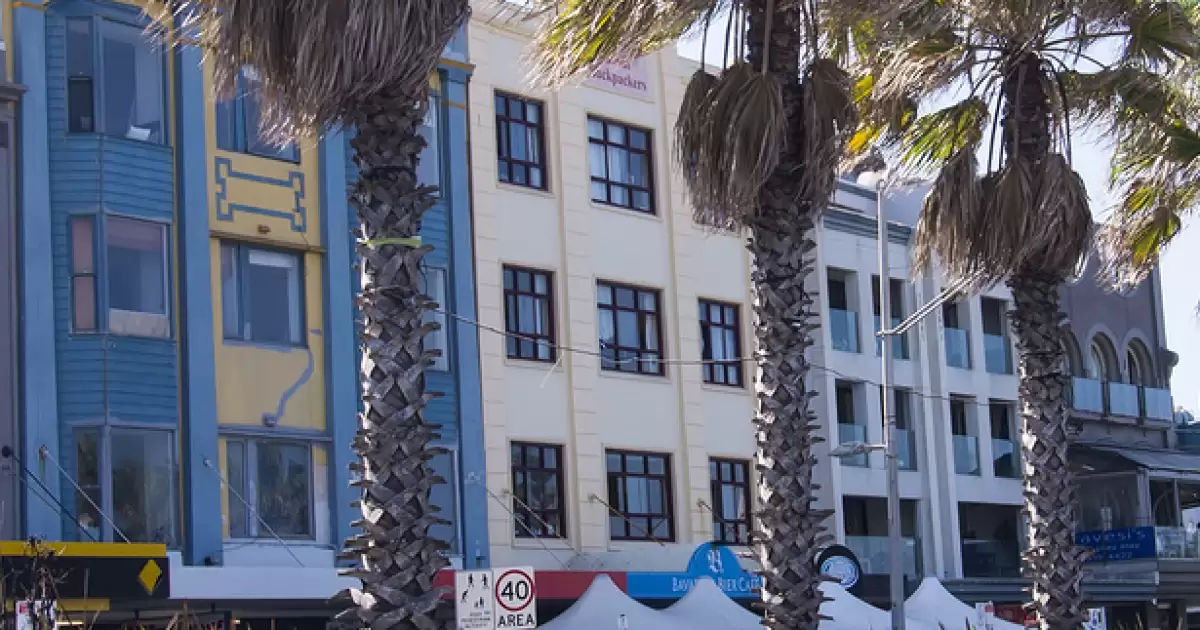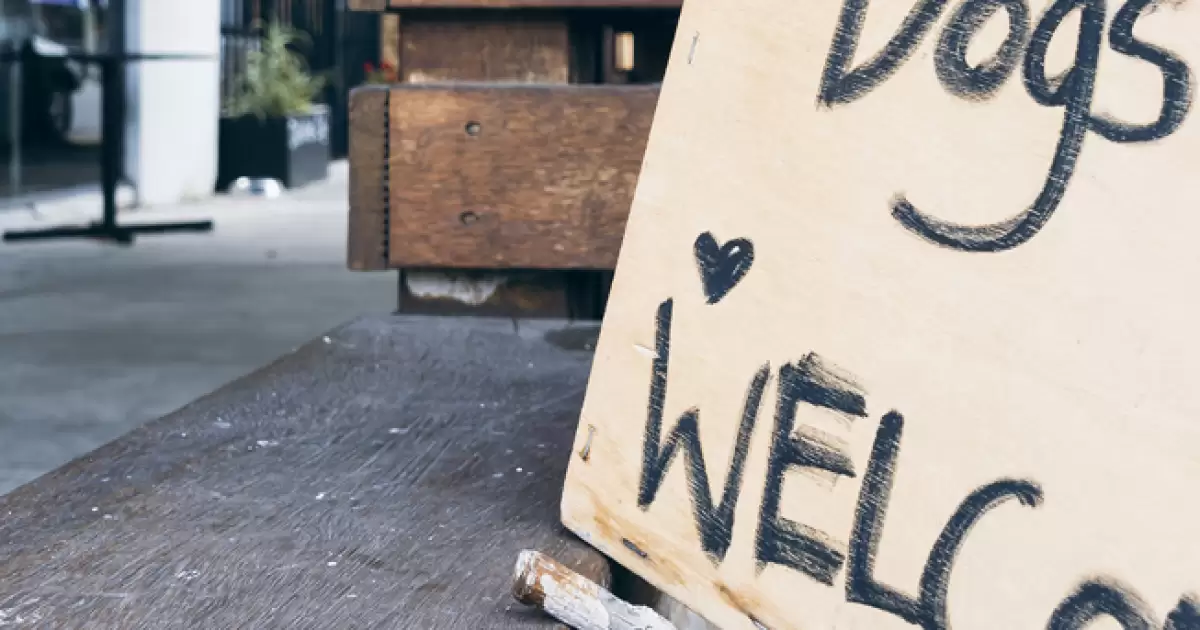You’ve decided to go on a holiday, and enjoying all the excitement of buying new clothes, planning what you’re going to do & where you’re going to go when you get there. But there are few other things you have to take into account, to make your holiday less stressful & easier to navigate.
Before you go
- Check out travel advice for Australia. Sign up for email alerts to get the latest updates
- Find out where your nearest embassy or consulate will be, in case you need to contact them in an emergency
- Tell family and friends where you’re going and leave them your contact details, insurance policy details and itinerary. Store them securely online in something like DropBox or Google Drive.
- Be familiar with the currency & ensure you have access to funds to cover emergencies and unexpected delays. Take more than one means of payment with you (cash, debit card, credit card)
- Find out if travellers cheques are appropriate for your destination and keep a separate record of their numbers. Traveller's cheques are not widely accepted in Australia.
- Invest in a good travel guide to help you plan your trip and consider using online travel forums for more detail about your destination
- Check with your service provider to make sure your phone works abroad. Consider leaving your phone’s IMEI number with a friend or family member, to help block or locate the phone if there’s a problem. (to find out your phone’s IMEI number dial *#06# )
- If you’re going to be driving abroad, make sure your licence is current and valid and be aware of the driving laws in Australia. Each State has different laws, so make sure you get acquainted with driving in Australia with an overseas licence.
Entry requirements, visas and passports
- Make sure you’ve got correct visas for Australia and that your passport is valid
- If you’re applying for a passport for the first time, it may take up to six weeks or longer.
- Make a note of your passport number and take a photocopy with you, or store it securely online
- Fill in the emergency contact details in your passport. This will help government officials to contact next of kin if you have an accident
- Be aware of border controls in Australia, as they are quite strict.
Insurance
- Get travel insurance and make sure it covers you for any activities you are likely to do, including extreme or water sports
- Phone 000 to contact the emergency services in Australia
Health
- Visit your GP or travel health professional at least 4 to 6 weeks before your trip to check what vaccinations you need. There are no mandatory shots required to enter Australia. It is always worth having a Tetanus/Diphtheria shot done if one has not been given in the past 10 years.
- Check what reciprocal health arrangements Australia has with your country of origin.
- Take enough medical supplies for the duration of your visit and any unexpected delays. Medical supplies may be subject to supply constraints in Australia
When you’re in Australia
- Think about what you are doing at all times and trust your instincts. Don’t take unnecessary risks
- Don’t openly display valuables such as mobile phones or digital cameras and consider using a padlock on suitcases or backpacks
- Find out how to minimise your risk from terrorism and what to do if there’s a terrorist attack
- Obey local laws. There may be serious penalties for breaking a law that might seem trivial at home
- Be careful when taking photographs in Australia, videos or using binoculars. These activities may be misunderstood by local authorities, especially near military installations.
- Store useful numbers on your phone such as the local police and your embassy or consulate

